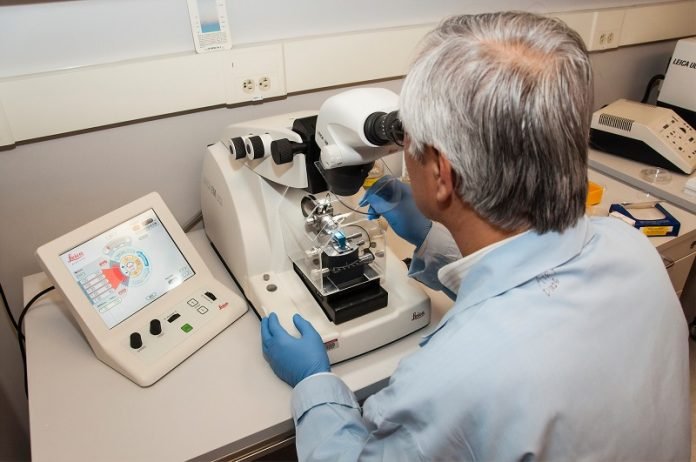
Prostate cancer is a serious concern for men as they age. One method to detect this disease is through a prostate-specific antigen (PSA) test.
However, this test is quite controversial because it often leads to overdiagnosis and over-treatment for men who may not even be at risk.
Therefore, scientists are searching for better strategies to make the diagnosis more precise.
In an exciting turn, scientists from Brigham and Women’s Hospital and the Harvard T.H. Chan School of Public Health have discovered that checking PSA levels in younger men (between the ages of 40 and 59) could accurately predict their future risk of severe prostate cancer.
This means that testing PSA levels at mid-life might help identify those men at higher risk who should be monitored more closely.
This study used data from a previous study called the Physicians’ Health Study (PHS), which began in 1982 and aimed to understand the impact of aspirin on cardiovascular health.
The male physicians participating in the study provided blood samples before the trial began and filled out detailed questionnaires over the next 30 years. This information has allowed scientists to conduct their current research.
The research team analyzed information from 234 men who were diagnosed with prostate cancer, including 60 who developed severe prostate cancer. They measured the PSA levels in the stored blood samples and tracked the health outcomes of these men over time.
They found that a single PSA level test at midlife could predict future prostate cancer risk accurately. They noted that a majority of severe prostate cancer cases occurred in men with above-median PSA levels in their midlife.
Also, they found that men with PSA below the median at age 60 were unlikely to develop severe prostate cancer later.
This supports the idea that screening for prostate cancer based on mid-life PSA levels should be considered for men aged 45 to 59.
This doesn’t mean that younger men with higher PSA levels should immediately undergo a prostate biopsy or definitive treatment, as this could lead to overdiagnosis.
Instead, these men should have more regular PSA tests to enable earlier detection of cancer, increasing the chances of effective treatment.
Keep in mind, this study mainly included Caucasian men, and further research is needed to confirm these findings across different populations.
For those interested in the nitty-gritty, check out the citation: Preston MA et al. (2016). Baseline Prostate-Specific Antigen Levels in Midlife Predict Lethal Prostate Cancer. Journal of Clinical Oncology, published online. DOI: 10.1200/JCO.2016.66.7527.



